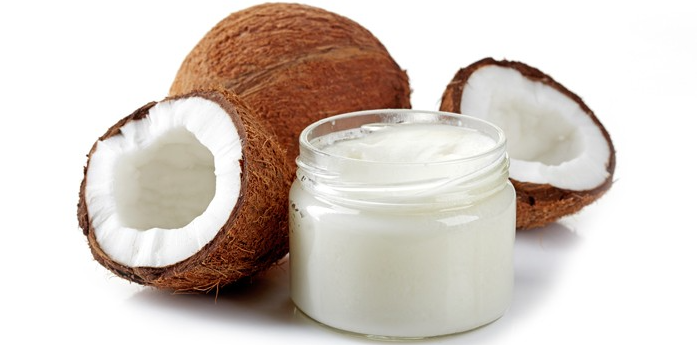Who is not familiar with coconut oil? The benefits of this oil are many, whether it’s as an addition to food or used for skin and hair care. So, how do we use coconut oil in food to stay healthy? Is it healthy to use for cooking? Check out the review here.
Benefits of using coconut oil for cooking
By using coconut cooking oil for cooking, many benefits can be obtained from the quality of the food to the goodness and health of the cooked food. In addition to not containing a lot of oil in fried products, the oil that enters the body will also be easily absorbed into energy in the body, so the body becomes healthier.
Coconut oil is a type of oil made from fresh ripe coconuts, by extracting the coconut flesh into a ready-to-use oil, therefore this oil has a natural sweet taste which is good for baking sweet foods and also for certain stir-fry dishes.
Coconut oil is also rich in saturated fat, specifically a type called lauric acid, which is considered a source of healthier fats. The smoke point of coconut oil is at 176°C, coconut oil is therefore good for baking, freezing, sautéing.
Coconut oil vs Virgin coconut oil
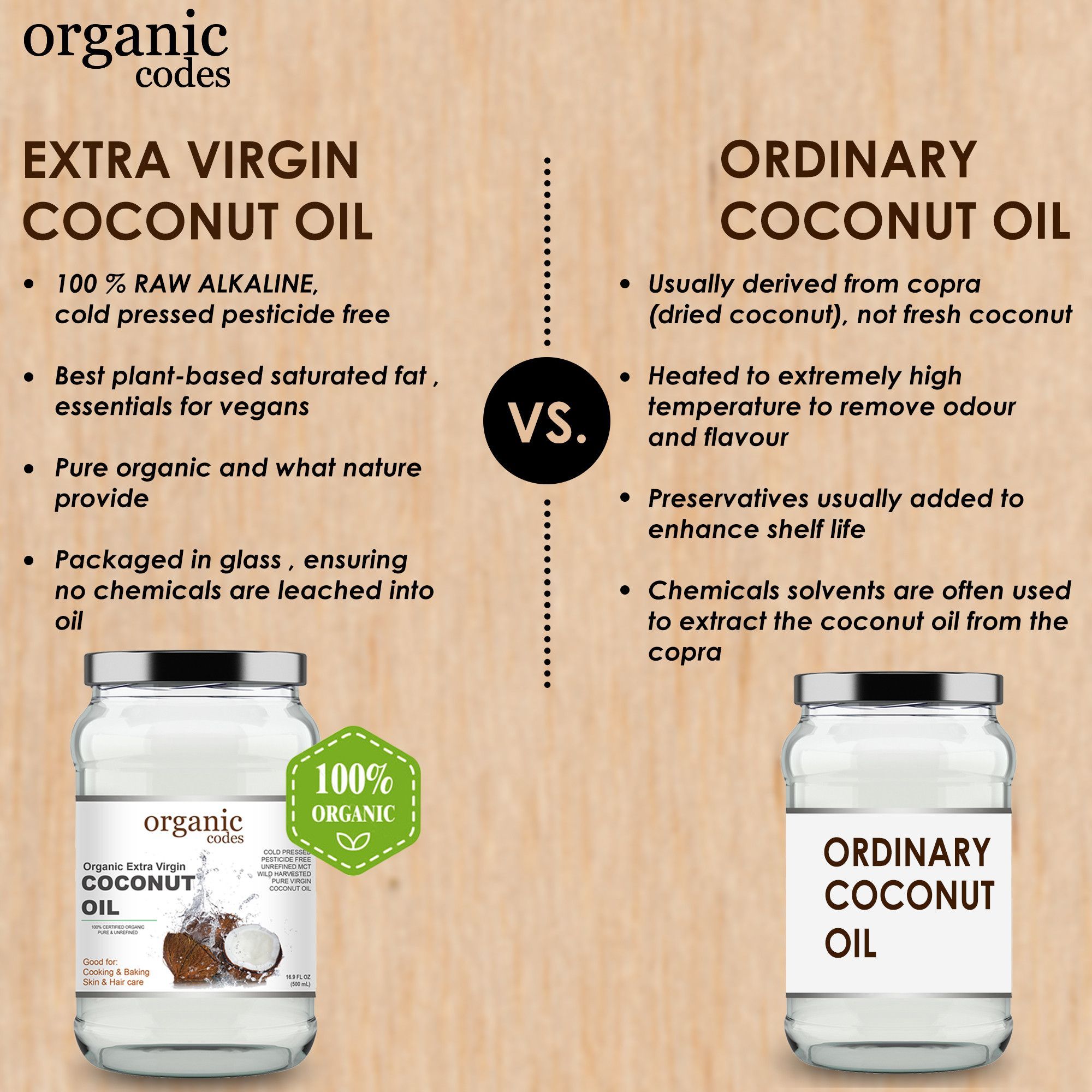
Source: Organic Codes
Coconut oil has a delicious aroma and lasts a long time at room temperature, so it is widely used for baking cakes or other types of food. Coconut oil contains 90 percent saturated fat, which is at risk of increasing levels of Low Density Lipoprotein (LDL) or better known as bad cholesterol. As a result, the risk of heart disease will increase as well.
Unlike ordinary coconut oil, there is also VCO coconut oil. The positive benefits of VCO coconut oil (Virgin Coconut Oil) are its antioxidant content and also increase High Density Lipoprotein (HDL) or good cholesterol higher than other oils. This antioxidant has potential to be beneficial for the heart health because it plays a role in preventing the formation of plaque on the walls of blood vessels. In other words, antioxidants play a role in preventing vessel cavities from narrowing. However, we need to be careful when choosing coconut oil, regardless of the type because coconut oil currently being marketed has gone through various production processes that can damage the antioxidant content and other beneficial substances.
Furthermore, the use of coconut oil is not recommended for routine use as its content is not considered as good as other types of oils in maintaining a healthy body.
How to use coconut oil for cooking
- For cooking
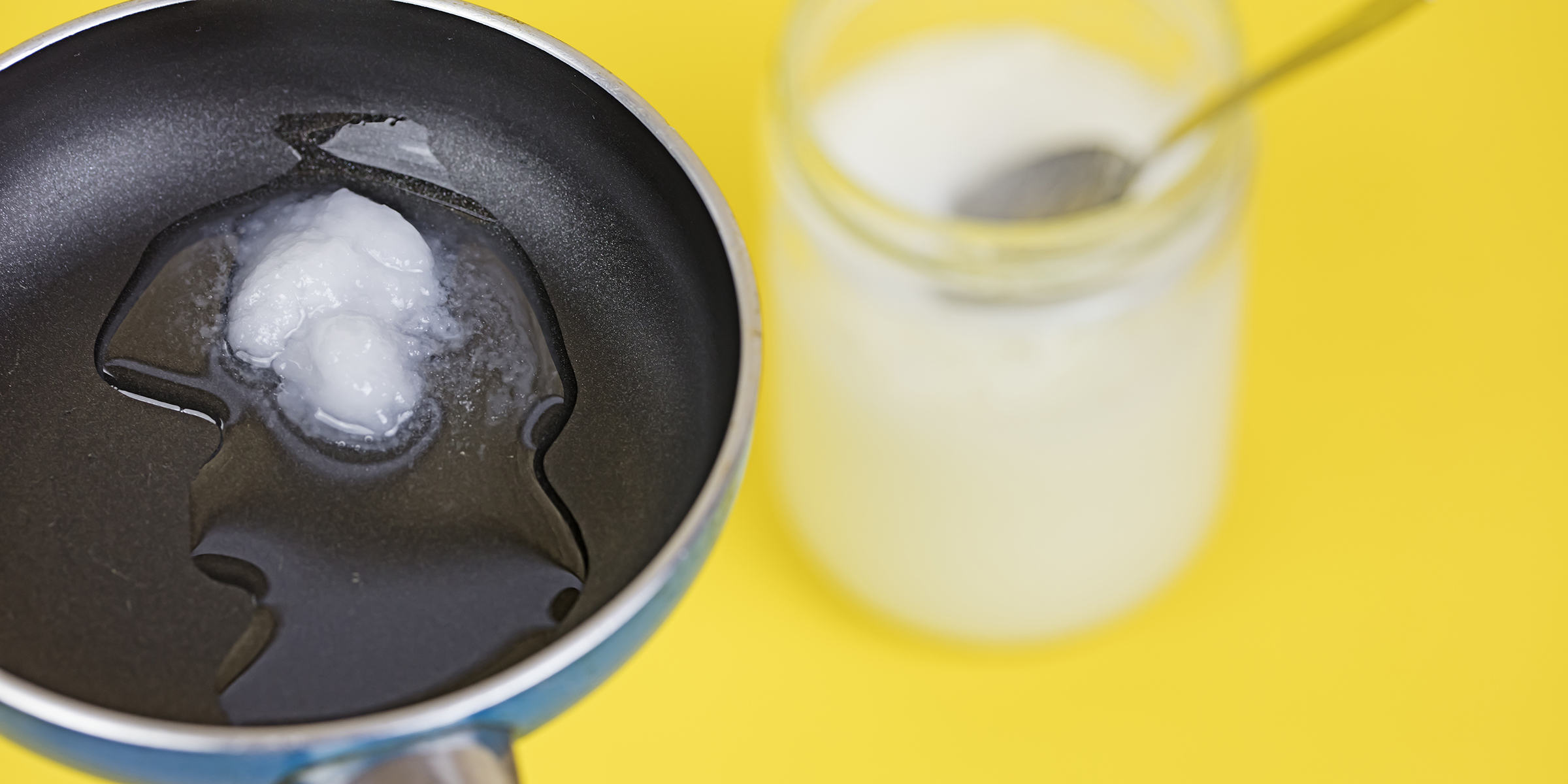
Coconut oil is an ideal type of oil for cooking. Because 90 percent of coconut oil is saturated oil, that means this type of oil will still have a stable shape or structure even when heated.
Unlike unsaturated oils, coconut oil does not produce harmful free radicals when exposed to heat during cooking. Here are some ways to cook if you want to use coconut oil:
Stir fry. Use 1-2 tablespoons of oil for sautéing vegetables, frying eggs in a little oil, or sautéing meat and fish.
Baking. Coat chicken or beef before grilling with oil along with other seasonings.
- Mix directly in food
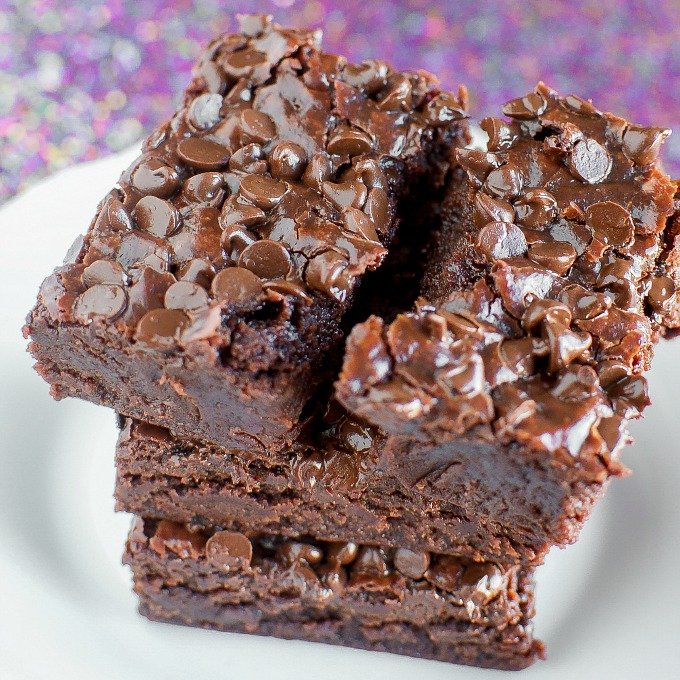
Coconut oil can also be substituted for butter or butter. If your recipe includes butter, you can choose another option with coconut oil.
However, if you want to add coconut oil directly to your food, make sure your food has cooled to room temperature so as not to damage the texture and taste of the food.
- Mix in drinks

Coconut oil can also be mixed in smoothies, tea, or coffee. You can add about 2 teaspoons of coconut oil to your smoothies or protein shakes a little at a time. This mixture can add a thicker, denser texture to smoothies.
In addition, you can also mix this oil into your hot coffee or tea. Enter in small quantities as much as 1-2 teaspoons.
The trick is quite easy, such as pouring boiling water over the tea bag, and let it sit for 2 minutes. Then remove the tea bag, add the sugar and then the oil, mix well.
- Drink directly
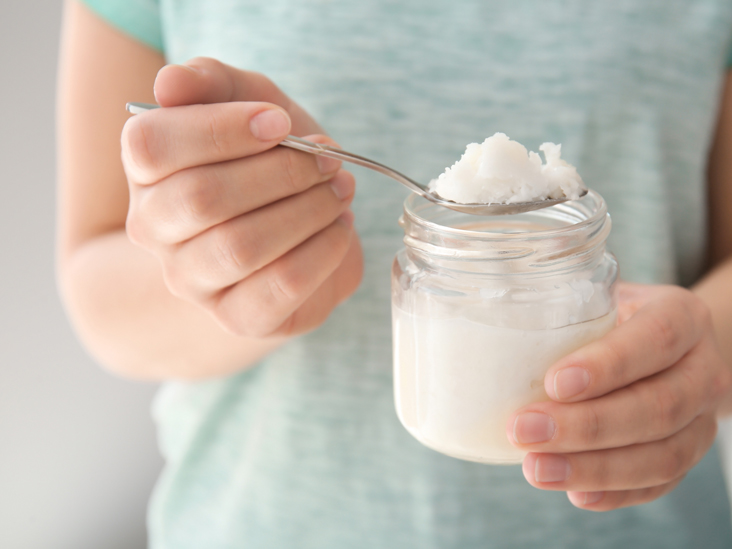
Not only as an addition to food and drinks, coconut oil can also be drunk directly, you know. Because this oil is naturally aromatic and has a taste, your tongue tends to be receptive to the taste of this coconut oil.
Not only as an addition to food and drinks, coconut oil can also be drunk directly. Because this oil is naturally aromatic and has a taste, your tongue tends to be receptive to the taste of this coconut oil.
Take 1-2 tablespoons of this oil and swallow it immediately to increase your energy and delay your hunger until your next meal.


